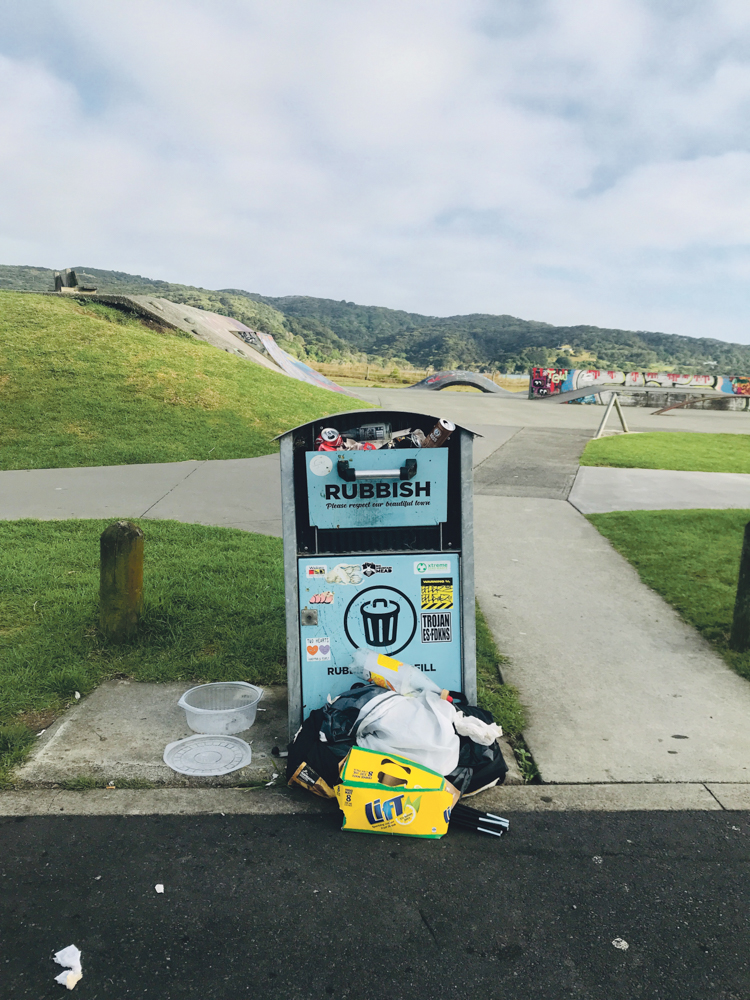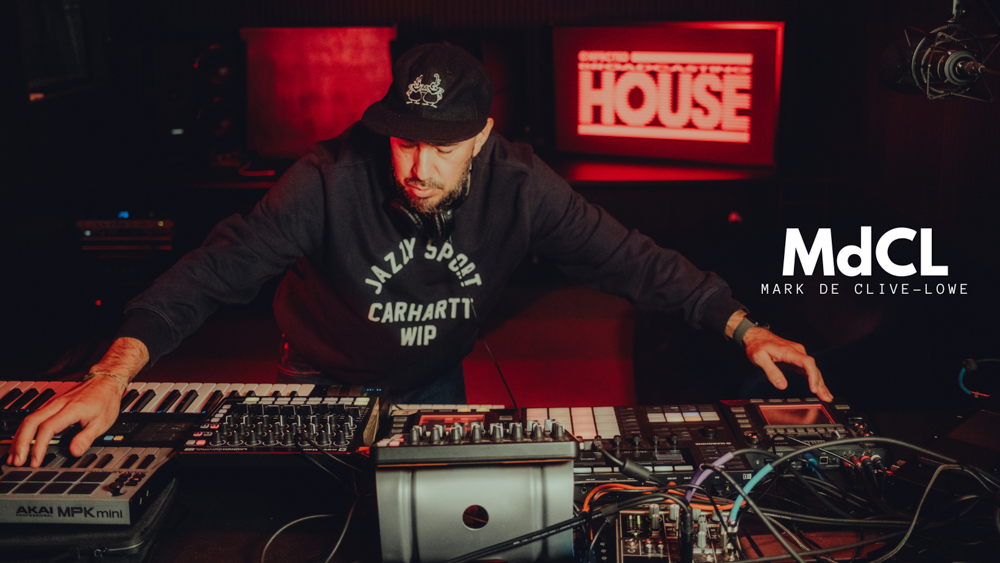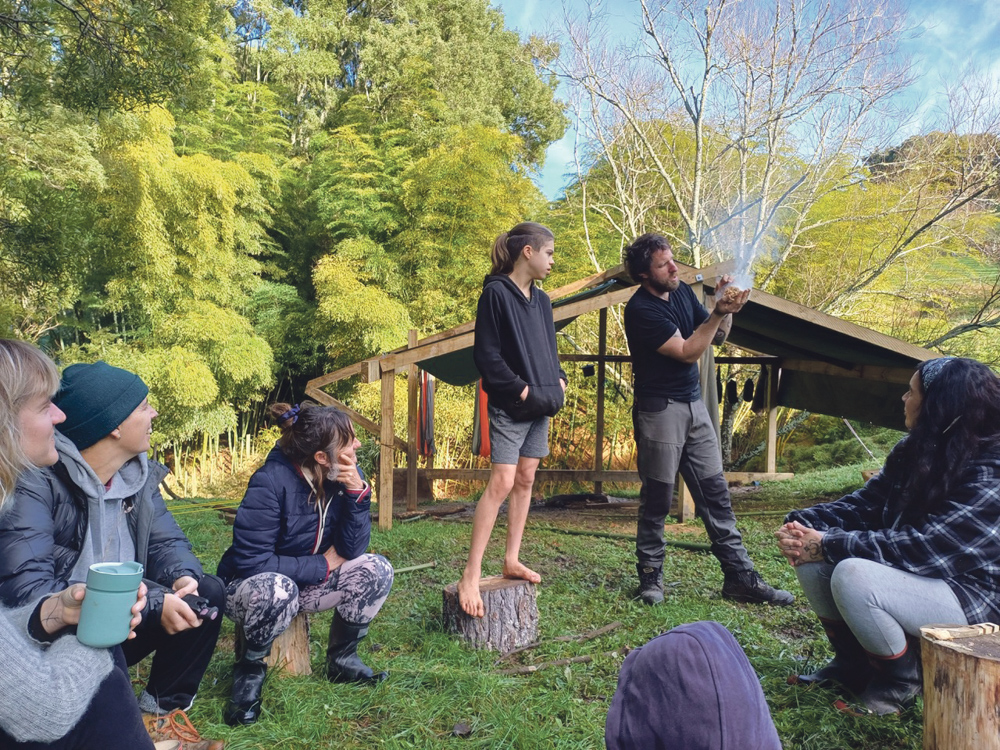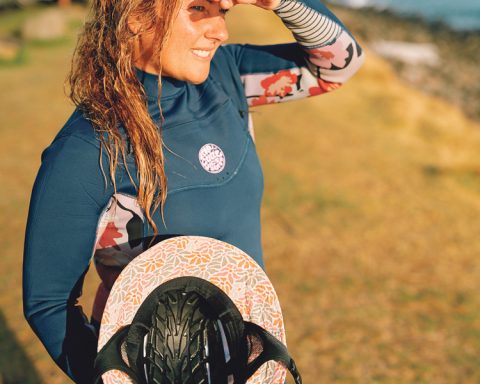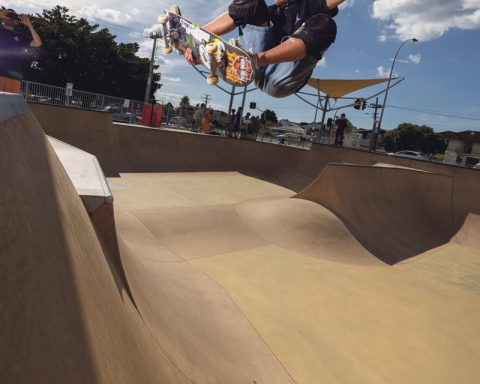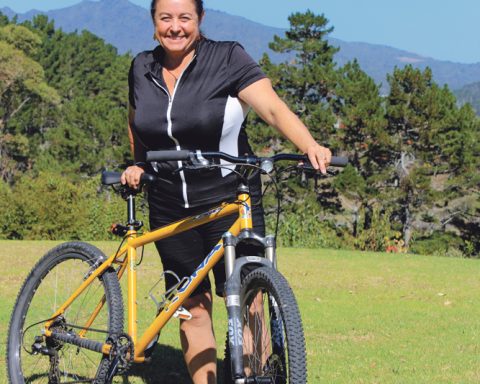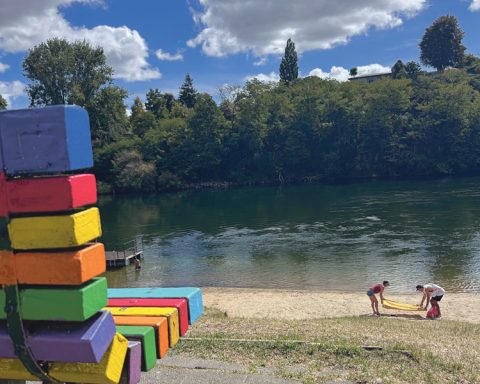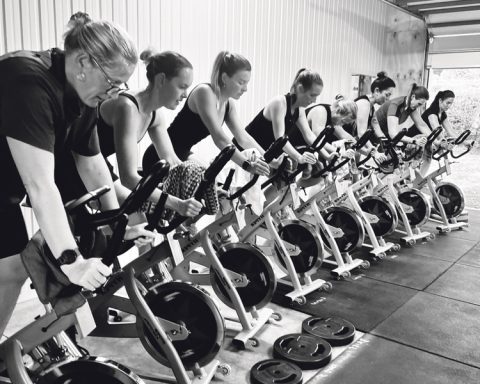In Whaingaroa, a local mother has spent six months battling plastic pollution, collecting 30kg of rubbish each week with her baby strapped to her chest. Despite community clean-ups, the tide of waste keeps rising, leaving individuals to shoulder the burden:
In my hometown of Whaingaroa, I’ve spent six months on a mission to fight plastic pollution.
During my maternity leave, with my daughter strapped to me, I dedicated an hour every Monday to cleaning up the beaches, waging war on the tide of waste threatening to suffocate our shores. But my journey to becoming a guardian of the environment began long before my daughter’s arrival. Even before and during my pregnancy, I braved the elements collecting debris, but it wasn’t until my leave that I began documenting my efforts.
In a span of just a few hours each week, I amassed a staggering 30 kilograms of rubbish – a grim testament to the plastic pandemic and our society’s throwaway culture. But my haul wasn’t just composed of single-use plastics; it was a heartbreaking collage of crumpled wrappers, forgotten toys and even more clothes.
Despite the incredible efforts of the Whaingaroa Environmental Centre and local businesses organising regular beach clean-ups, these actions alone aren’t enough to address the scale of the issue. As a result, individuals like me, along with a few others, are left to become unwitting foot soldiers in a battle we never signed up for, shouldering the burden of communal neglect, yet united by a shared sense of duty to protect our beloved Whaingaroa.
I call upon everyone who enjoys the beach and ocean to take home their rubbish, but also pick up what is not theirs if they see something. I also call upon the council to bolster its waste management infrastructure, providing more foresight, more bins, and implementing regular emptying schedules during peak seasons. They should also focus on picking up rubbish beyond what’s inside or around the bins. Alternatively, removing bins altogether—an approach that has proven effective in other towns—could encourage people to take responsibility for their waste and adopt a more sustainable mindset.
However, my disappointment extends beyond the council’s shortcomings; fellow Raglanders, New Zealanders and tourists, too, bear their share of the blame. Oblivious to the consequences of their carelessness, they leave behind a trail of destruction that threatens the delicate balance of marine ecosystems.
For me, the path forward is clear: a multifaceted approach that prioritises education, personal responsibility, and governmental accountability. I believe that real change starts in our own homes, where we become role models and can teach future generations the importance of caring for the land and sea. It’s crucial that we also take a step back and think about the things we buy—what we purchase and how much we consume—and understand how these decisions affect the environment we are all a part of. By making more mindful choices, we can start to shift our collective impact and cultivate a deeper respect for the world around us. Further, encouraging tourists to adopt a ‘leave no trace’ mentality underscores the principle of individual accountability. And, crucially, the council must step up its game.
In the quiet determination of a young mother and her baby nestled against her chest, we find a potent reminder of the power of one to effect change – one piece of rubbish at a time for a brighter tomorrow – one where our beaches are not battlegrounds but sanctuaries, preserved for generations yet to come.
